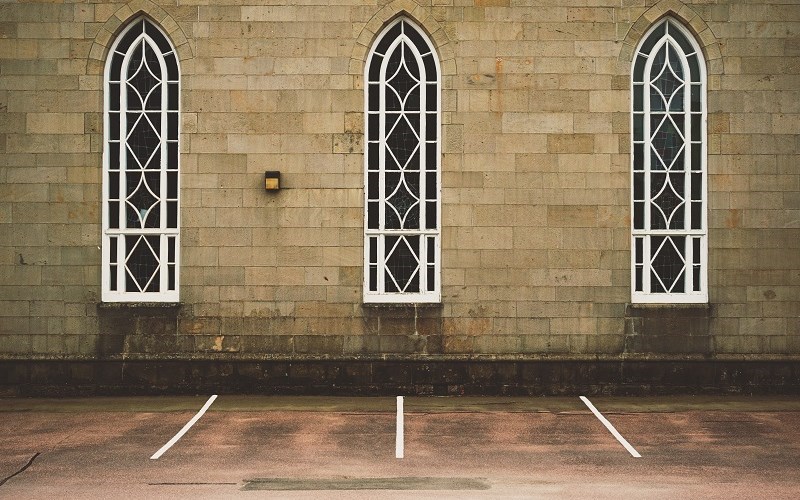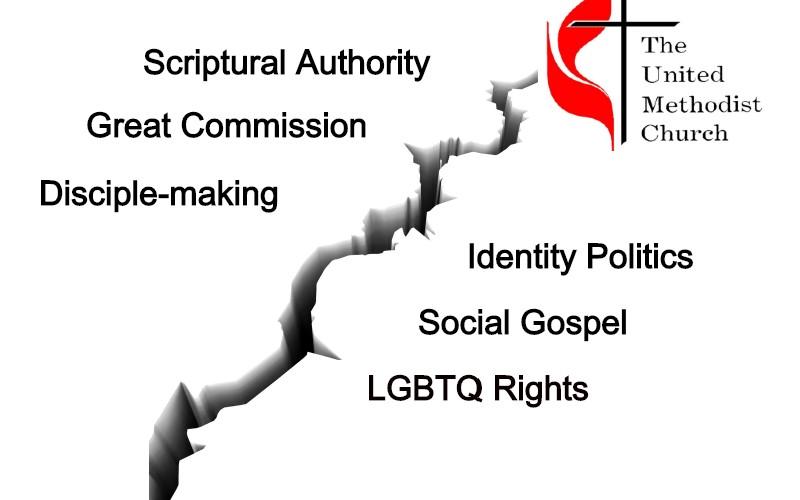The decline of mainline denominations, urban flight to the suburbs, and rising repair costs have many congregations closing their church doors forever, leaving sometimes spectacular but empty buildings scattered in American cities.
In 2018, The Atlantic reported that somewhere between 6,000 and 10,000 churches a year were closing their doors. The COVID pandemic likely accelerated that trend, and now, communities are struggling to find uses for the buildings, some of which are hundreds of years old and cherished symbols in their cities.
David Barton of WallBuilders says great church architecture points to a magnificent, creative, transcendent God, and it is a shame to lose what were once gospel outposts.

"There are so many great cathedrals that were built, inner city churches that just really were thriving," he begins. "It's not because the inner city doesn't have needs or have people who would attend those churches; it's just not meeting those needs anymore."
Some of the abandoned buildings are converted into low-income housing, concert venues, or nightclubs. Others are torn down and paved over. Barton says many were owned by dying mainline denominations, and when they left the gospel, the people left the church.
"You're looking at a church that no longer meets spiritual needs; it no longer is relevant," he reiterates. "If I can get more off Twitter in a five-second session than I can get in two hours of a sermon that has nothing to do with the gospel, nothing to do with Christ, nothing to do with the Bible, why would I go there?"
Barton laments that the secularization of these abandoned churches may leave cities with a beautiful theatre or low-income housing, but without the saving influence of the gospel.







